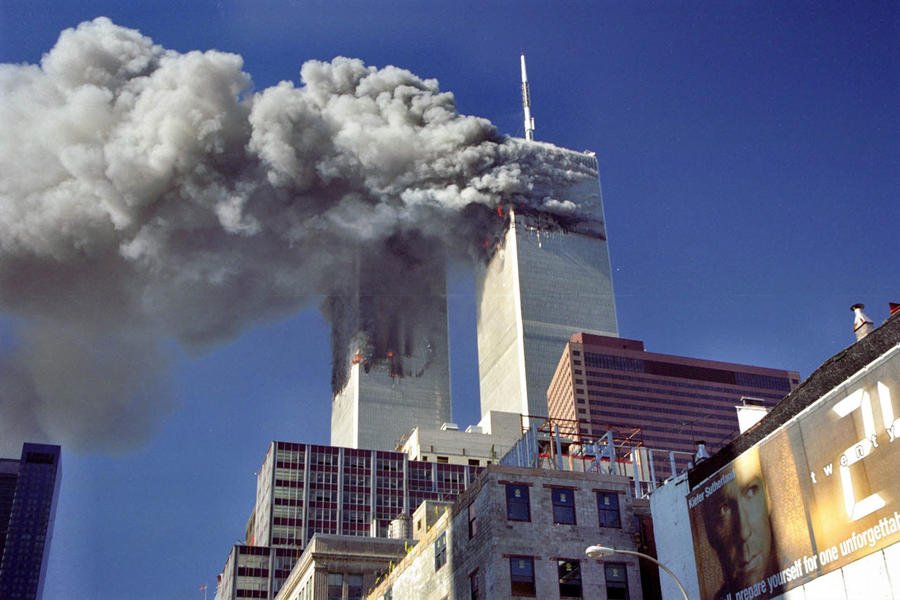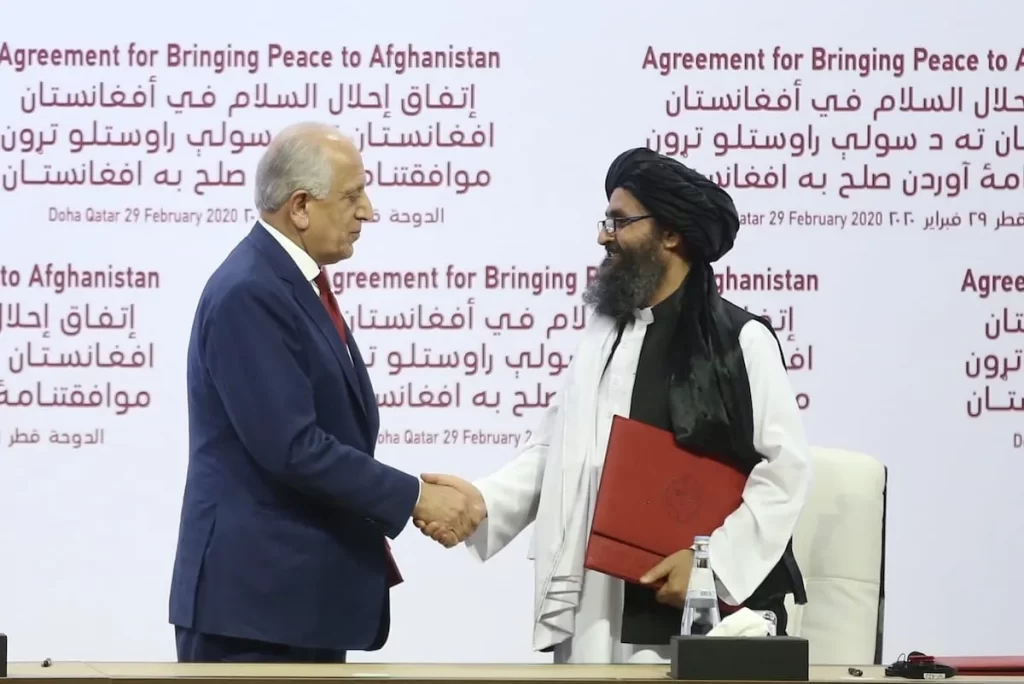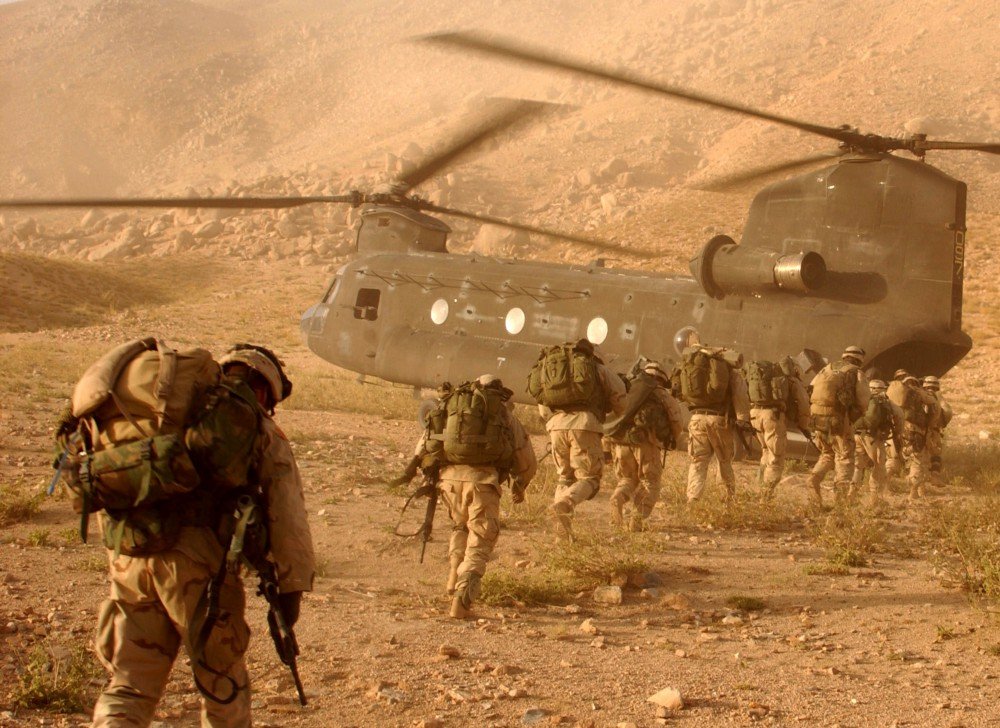– Ghazi Abdullah (B.A. Pol. Sc)
Since the collapse of the Soviet Union in the early 1990s, the United States was the predominant global power with unchallenged military strength, economic capability, and technological advances. Its cultural influence spanned the whole globe; from the East and the South China Sea to the Atlantic Ocean and south in the Indian Ocean region. Its economy was by far the largest, its technology dominated in almost all fields of innovation and learning. No one dared to challenge its military might which was based on 800 military bases around the world. Iraq made the mistake of challenging it by invading Kuwait. This invasion was dealt with an iron hand and the Iraqi Army was devastated while retreating from Kuwait. The contemporary global culture was synonymous with American culture. American movies and music dominated Entertainment all over the world. It was one of the greatest superpowers in entire human history. This period was ‘Pax-Americana’ in every sense of the word.

After the September 11 attacks on the twin towers, the US invaded Afghanistan anticipating an easy victory. Although this largely seemed to be true in the beginning; the US lost its focus on Afghanistan due to its invasion of Iraq in 2003. Consequently, the Taliban got a chance to regroup themselves to wage guerrilla warfare against ‘foreign invaders’ as they had done two decades ago against the Russians.
By 2004, a full-blown insurgency was started by the Taliban. By 2008 the situation became far worse than expected. Attacks on the US and its NATO allies were the new normal. The US was paying a heavy price both financially and militarily. Obama came to power with a promise of ending foreign wars but after taking stock of the situation in Afghanistan he ordered a surge of US troops to crush the insurgency. After the death of Osama bin Laden in 2011, in Pakistan, Americans hoped that this would weaken the insurgency but to their surprise, it only got intensified. By 2013, the Obama administration was yearning to negotiate with the Taliban. Taliban opened its political office in Doha, Qatar, yet no serious progress was made on a ceasefire. In 2017 Trump came to office promising to end foreign wars which were immensely damaging the US economy, military, and most importantly its position as the sole superpower on the Earth. The US spent $2.3 trillion and lost the lives of around 2500 of its soldiers and tens of thousands suffered from PTSD (Post Traumatic Stress Disorder) and other mental illnesses.

After years of negotiations, Secretary of State Mike Pompeo signed the Doha Agreement with Mullah Baradar, the deputy leader of the Taliban.
This agreement mainly concerned a provision of safe passage for the US and its NATO allies withdrawing from Afghanistan by a set deadline of May 1, 2021, and in the return, the Taliban promised not to allow anyone to use its territory against the US or its allies. Subsequently, the Taliban stopped attacking foreign troops but intensified its attacks on the western-backed Afghan government. After coming to office on January 20, 2021, Joe Biden drawing experience from his service as vice president under Obama was determined to end the war instead of focusing to containing the ever-rising power of China. Biden hastily withdrew the American troops from Afghanistan due to which the morale of the Afghan Army was shattered and they lost the will to fight. Consequently, the three hundred thousand strong Afghan Army men equipped and trained by the US in 20 years at the cost of hundreds of billions collapsed against the advancing 75,000 battle-hardened Taliban. City after city fell to the Taliban like a pack of cards. They overran almost all of Afghanistan in 10 days. It was a walkover for the Taliban. The US helplessly witnessed the Taliban takeover of Kabul on August 15 even before they were out of Afghanistan.
The scenes of the Taliban taking Kabul and the humiliating defeat of the US were broadcasted live around the world. This defeat is more humiliating than what the US suffered in Vietnam with the fall of Saigon in 1975 because North Vietnam was backed by USSR, the erstwhile opposite superpower, and China in every way. Contrary to this, the Taliban is not backed by any major power except some support by Pakistan which itself is an impoverished state.
The US’ image of the sole superpower on Earth suffered a major blow in the eyes of both its friends and foes. Its friends like Taiwan’s belief in the US help against a possible Chinese invasion suffered badly, while US rivals- China and Russia watched gleefully the humiliation of their common enemy in Afghanistan.
During these 20 years of war, China steadily developed its economy and became capable of challenging US hegemony around the world in general and the South China Sea in particular.
Likewise, Russia also for the first time after the collapse of the USSR showed its military muscles and annexed Crimea despite all the western opposition. The writing on the wall is clear and that is “America is a declining power, the era of complete dominance of the US is over and the world has again become multipolar.”


Analysis 👍👏